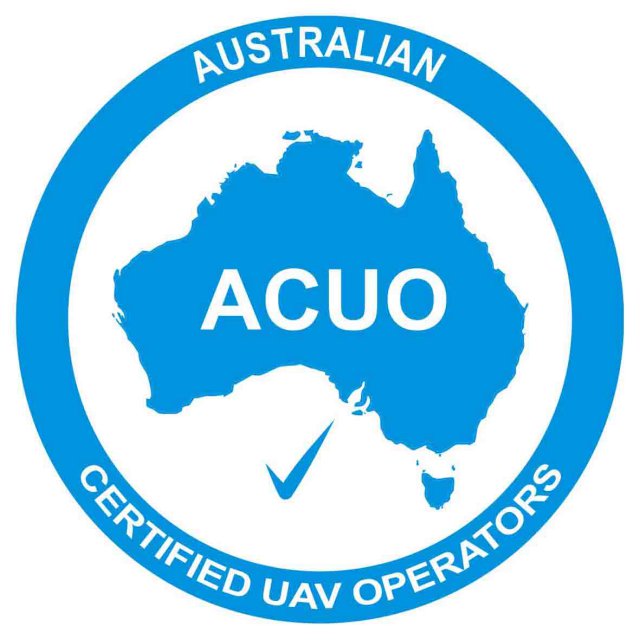
![]() The President of ACUO, Mr Joe Urli, met with CASA’s CEO & Director of Aviation Safety, Mr Mark Skidmore on March 8th to discuss a raft of issues of high importance to certified UAV Operators. Top of ACUO’s list was visible and effective enforcement of current and future RPAS regulations.
The President of ACUO, Mr Joe Urli, met with CASA’s CEO & Director of Aviation Safety, Mr Mark Skidmore on March 8th to discuss a raft of issues of high importance to certified UAV Operators. Top of ACUO’s list was visible and effective enforcement of current and future RPAS regulations.
 The increased use of consumer grade drones for commercial purposes, without registration or appropriate safety oversight from the aviation regulator, gives every indication of adversely impacting aviation and public safety. ATSB data since 2011 shows there has been a steady increase in the number of reported incidents between recreational drones and manned aircraft. In addition, public reports of recreational drone operators flying their aircraft within 3nm of an airport, flying over populous areas, often at night, and in direct contravention of the aviation regulations, are also increasing.
The increased use of consumer grade drones for commercial purposes, without registration or appropriate safety oversight from the aviation regulator, gives every indication of adversely impacting aviation and public safety. ATSB data since 2011 shows there has been a steady increase in the number of reported incidents between recreational drones and manned aircraft. In addition, public reports of recreational drone operators flying their aircraft within 3nm of an airport, flying over populous areas, often at night, and in direct contravention of the aviation regulations, are also increasing.
To date CASA has applied a ‘soft policy’ approach to regulatory enforcement of UAV operators despite a large proportion of certified UAV operators beginning life uncertified. Mr Skidmore and Mr Urli both agreed that education is key to overcoming this situation, but that the challenges facing CASA are not unique to Australia alone, and enforcement will play an equally important role.
ACUO strongly believe CASA’s ‘soft policy’ approach to enforcement is contributing to unacceptable levels of noncompliance across Australia, and that this needs to change. The UAV regulations have been in force here for more than a decade and CASA has reiterated publicly across all media formats, numerous times, the operating limits which govern all UAV operators, both recreational and commercial.
Unless otherwise approved by CASA, the operating limits for all UAV operators in Australia are:
- In Visual Line Of Sight (VLOS) of the UAV at all times
- Under Day Visual Meteorological Conditions (VMC) only
- Not above 400ft AGL
- Not over Populous Areas
- Not in Controlled Airspace
- Not within 3nm of an aerodrome [including airports, helipads etc]
- Not within 30m of people, vessels or buildings
Despite what popular opinion might have us believe there is currently NO regulatory exemption for UAVs under 2kgs. Furthermore, ALL commercial UAV operators require a UAV Operator Certificate (UOC) from CASA before they can operate legally. Without this certification, customers of illegal UAV operators may not realise they are highly unlikely to be covered by Public Liability insurance should something go wrong with the aerial operation. And as any certified UAV Operator knows, this happens still too frequently and often without warning. As good as technology is becoming, there is no substitute for good risk management in this business.
ACUO President, Joe Urli said, “ACUO will be re-focusing our efforts this year on wider public education and identifying illegal operators in Australia. Where found, the details of illegal operators will be forwarded to CASA for investigation and subsequent prosecution if found guilty.” The ACUO President finished by saying, “Certification and safety oversight are central to aviation and public safety. There is no excuse for ignorance of the law and for not being certified by CASA to operate commercially.”
ACUO is the peak body for commercial unmanned aircraft systems operators in Australia. Established as a legal entity in March 2010, its membership base comprises one fifth of all entities holding Australian Civil Aviation Safety Authority UAV Operator Certificates.
The association is chartered to promote the growth and the expansion of the commercial unmanned aircraft industry in Australia and to ensure the safe and orderly growth of the sector.




